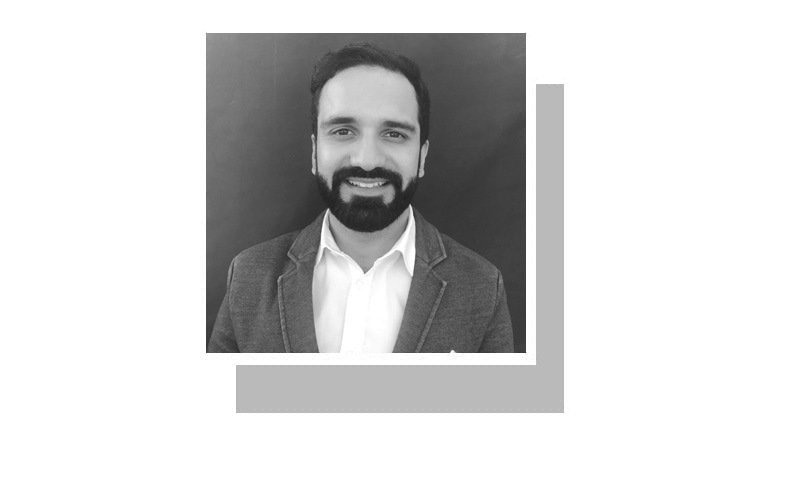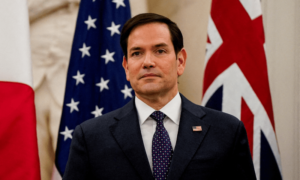AT a time when there should be an introspective stocktaking of the internet governance regime in Pakistan, the government has instead recommended drastic changes to the cybercrime law by proposing four new bodies as well as adding vague and broad definitions of online harms that criminalise speech further and carry a penalty of three years in jail for sharing “false or fake information”.
By this point, there is no surprise that the Peca amendment was passed without any multi-stakeholder consultation. Law and policymaking are supposed to be inclusive processes with input from across the board, including stakeholders who are directly affected, experts that work in the field, media that will be at risk, and young people who form the majority of internet users.
The amendment essentially legalises most of the illegal internet-related actions that the state has been taking since Peca, the cybercrime law, was promulgated in 2016 by the PML-N.
First, it expands the definition of complainant from aggrieved party to “an individual, including victim, having substantial reason to believe that the offence has been committed” and expands the definition of person to “a natural person or a body politic or corporate”, which means that now organisations and government bodies can also use this law to prosecute people.
The disproportionate criminalisation of speech is bound to have a chilling effect.
Second, it criminalises “false and fake information”, stipulating that “whoever intentionally disseminates, publicly exhibits, or transmits any information through any information system, that he knows or has reason to believe to be false or fake and likely to cause or create a sense of fear, panic or disorder or unrest in general public or society shall be punished with imprisonment which may extend up to three years or with fine which may extend to two million rupees or with both”.
This disproportionate criminalisation of speech is bound to have a chilling effect, especially when such a vague and broad definition leaves plenty of room for abuse. The state has now taken the responsibility to determine the truth and jail those it deems to be digressing from it. This violates Pakistan’s commitments under the International Covenant on Civil and Political Rights (ICCPR), Article 19 of which stipulates a three-part test which includes legality, necessity, and proportionality.
Third, the government is all-powerful — judge, jury and executioner — when it comes to content on social media, with little accountability or oversight that is essential in a constitutional democracy. The amendment forms four different bodies. A Social Media Protection and Regulatory Authority presumably replaces the Pakistan Telecommunications Authority in internet content regulatory function and makes the directives of the government to the authority final.
So far, the PTA, which was supposed to be independent, could choose to follow directives of the government, but the new authority will be an extension of the government’s will. The PTA has been arguing in courts that it was ordered to block X by the interior ministry, when the law says that it is the PTA’s discretion to do so. The chairperson of the authority will be appointed only by the federal government.
A Social Media Complaint Council is being set up which will solicit complaints from the public regarding violation of sections of Peca. Additionally, a Social Media Protection Tribunal will hear appeals against content-related decisions of the authority. The appeals to its decisions can only be taken up in the Supreme Court, bypassing the appeals stage in the high courts, which violates fair trial and due process rights under Article 10 of the Constitution. The tribunal will have one retired judge of the high courts, one software engineer, and one journalist. Sophisticated legal interpretation cannot be left to such a council, and high court appeal must be granted.
Further, the amendment sets up a National Cyber Crime Investigation Authority to replace the Federal Investigation Agency’s Cyber Crime Wing. This is happening nine years since Peca was passed in 2016, during which time a lot was left to be desired by the existing bodies. To introduce new bodies at this point will set the process of the system’s efficiency under the law far back.
Fourth, the amendment further empowers the authority to determine what constitutes unlawful content, and nine categories have been added to it, expanding what Section 37 of Peca stipulated.
This includes content that “cast aspersions against any person including members of judiciary, armed forces, Majlis-i-Shoora (parliament) or a provincial assembly”, which will lead to huge influx of reporting from the authority to social media platforms against speech expressed on social media by citizens simply holding public officials accountable, by virtue of citizens being taxpayers and voters. The amendment also stipulates enlistment of social media platforms with the authority, which is another term for registering them locally, and empowers the authority to block the platform in case of non-compliance with censorship requests.
The Peca amendment and the further restrictions on speech it brings will have disastrous consequences for Pakistan.
First, it violates fundamental rights the same way as the Peca Ordinance passed by the PTI in 2021, which was struck down by the Islamabad High Court in April 2022, did. The right to freedom of speech and press freedom cannot be restricted to an extent where journalists risk three years in jail if the government decides their reporting or a citizen’s post is “false”. It also violates due process and fair trial rights by restricting appeals of decisions by the tribunal to the Supreme Court.
Second, the further shrinking of rights can have disastrous international consequences by violating the ICCPR, and risking Pakistan’s GSP-Plus status by the EU for trade concessions based on human rights performance.
Third, this further restricts the internet environment, risking economic losses as Pakistan already suffers from acute brain drain accelerated by internet issues caused by censorship, surveillance, and internet slowdown due to the firewall.
Any independent court would strike down such a draconian law in the interest of democratic constitutional rights and interests of the young people that need a free and open internet to progress and compete internationally.
The writer is director of Bolo Bhi, an advocacy forum for digital rights.
X: @UsamaKhilji
Published in Dawn, January 25th, 2025
- Desk Reporthttps://foresightmags.com/author/admin/











